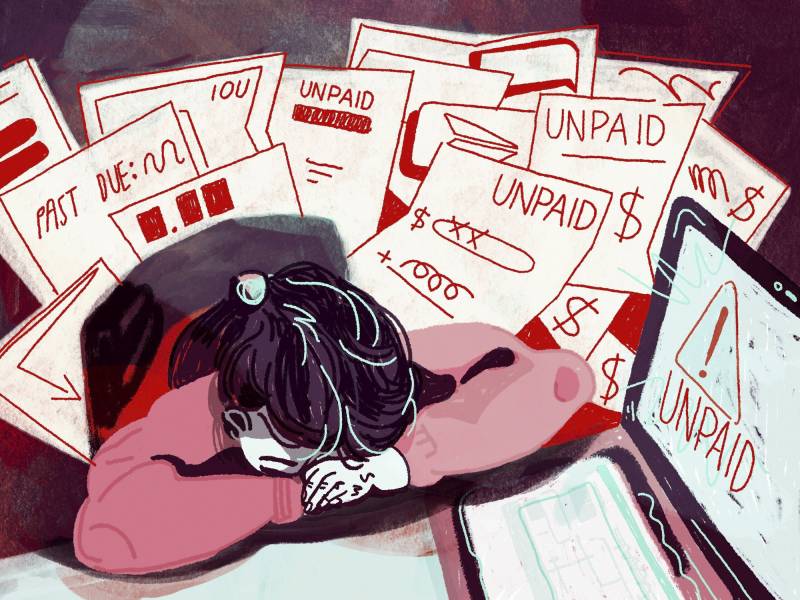“Almost everyone has a story of either an incredibly late payment by a client or potentially not getting paid ever,” said Hibbert, the treasurer of the San Francisco chapter of American Photographic Artists, an association that advocates for professional photographers. “And there is no recourse.”
In California, the Labor Commissioner’s Office enforces labor pay laws and helps workers collect owed wages. However, the agency lacks jurisdiction over most independent contractors, including freelancers. Those workers may hire an attorney and sue clients to try to collect their money, but that’s too expensive and time-consuming for many.
SB 988 would allow the labor commissioner or a prosecutor to seek monetary retribution for aggrieved freelancers, including damages up to twice the amount owed at the time payment was due. The bill, which lawmakers must approve by Aug. 31 to send to the governor’s desk, would also require written contracts for freelancer services worth $250 or more over four months.
The California Chamber of Commerce initially opposed the measure over concerns that it would allow freelancers to sue clients frivolously, such as when they had been paid on time but lacked a written contract. After Wiener’s office made amendments, the business advocacy group changed its position to “neutral.”
Still, additional pay regulations could end up hurting the freedom and flexibility freelance workers cherish, said Senate Minority Leader Brian Jones (R-San Diego), one of three Republicans who voted against advancing SB 988 in May.
“Unfortunately, this legislation continues to chip away those opportunities for freelancers and entrepreneurs to make a living to support their families,” Jones said in a statement, adding that he used to work as an independent contractor.
For Aaron, an Oakland-based writer and editor, the measure would compel clients to honor their pay commitments. After she finished a project adapting a story into a film script in February 2020, she had to chase the client for 22 months to fully collect her $3,000 fee, she said.
“It just got to a point where I felt I was being taken advantage of because so much time had passed,” Aaron, a member of the National Writers Union, said. “It was a setback for me, and it was stressful.”
Aaron said she was counting on that money to pay off her credit card debt. The payment delay compounded her financial anxiety at a time when she was losing income because other jobs dried up at the outset of the pandemic. She couldn’t sleep.
She said she testified before the state Assembly Labor and Employment Committee in support of SB 988 in June to help other freelancers avoid galling experiences like hers.
“If there’s a law, then hopefully that saves a lot of time and energy for freelancers from having to fight so hard for what they deserve, for what [the clients] had agreed to,” Aaron said.

